
Circular Economy & Plastics
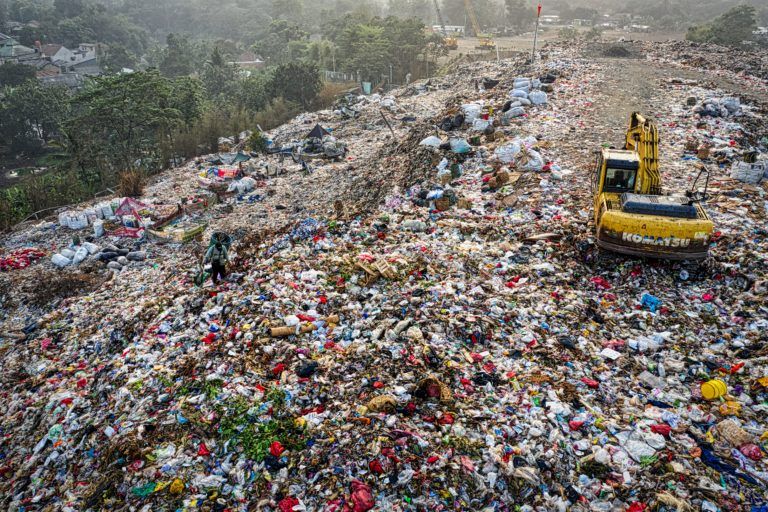
In Scotland, we currently consume as if we had three planets available to produce the resources we use and absorb the waste we create.
Scotland’s material consumption accounts for 82% of our entire carbon footprint.
Moving to a circular economy – one in which materials are kept in circulation for as long as possible, will reduce our material demands and is key to meeting our climate commitments.
In order to move towards a circular economy, major changes to the way we make products and consume resources will need to be made, bringing economic opportunities and innovation.
Consuming the planet
Over-consumption by the wealthy few is pushing our whole planet to breaking point. Rich-nation economies like Scotland are built on the idea of unlimited growth, forcing consumption levels that are driving the climate crisis.
We need our leaders to make decisions on the basis that consumption must have limits, so that we can play a vital role in the road to social and environmental justice.
A better economy
Research has shown it is possible to live a high quality life on a sustainable level of material consumption of about eight tonnes per person per year. Scotland’s material footprint is currently more than double this figure.
Keeping materials circulating in our economy for as long as possible would reduce the burden on the countries where materials are sourced, often through dangerous practises, and reduce the waste that is disposed of with harmful processes like incineration.
What we are doing
- Building public awareness and understanding of the need for a circular economy
- Influencing decision makers to stop harmful waste disposal practices
- Engaging communities in the fight against new incinerators in their area.
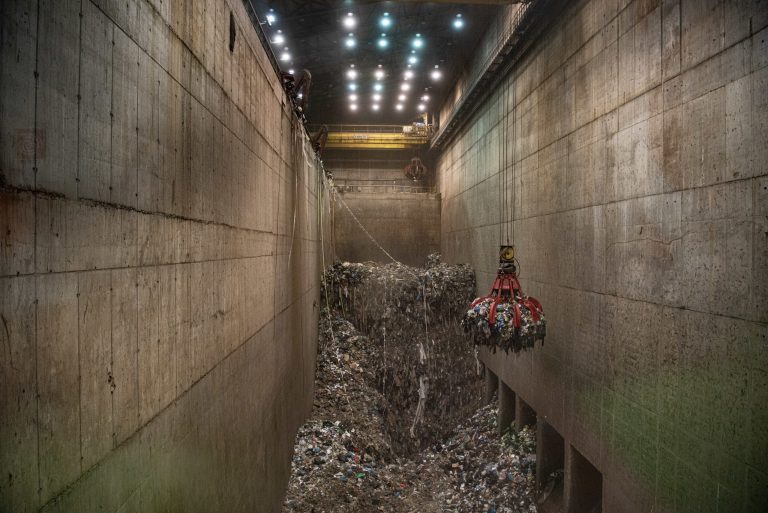
Stopping incineration
Incinerators contribute to climate change by emitting greenhouse gases from the waste they burn. They also make it more difficult to ensure potentially recyclable material is not wasted instead. We've achieved a moratorium on incineration which is a vital first step, but it must now be backed up with a planned phase out of existing incinerators.
Learn moreScotland has the materials, skills and demand to make this circular narrative a reality. We need a government willing to take bold steps towards a circular economy.
Kim Pratt, Circular Economy Campaigner

Recent successes
- MSPs voted in favour of the circular economy bill and measure to improve it that we campaigned for
- The Scottish Government has put a moratorium on new incinerators and is conducting a review into the future of these polluting installations
- The Scottish Government has banned a range of single-use plastic items, including plastic cutlery, plates, straws and expanded polystyrene food containers and cups.
Latest Blogs
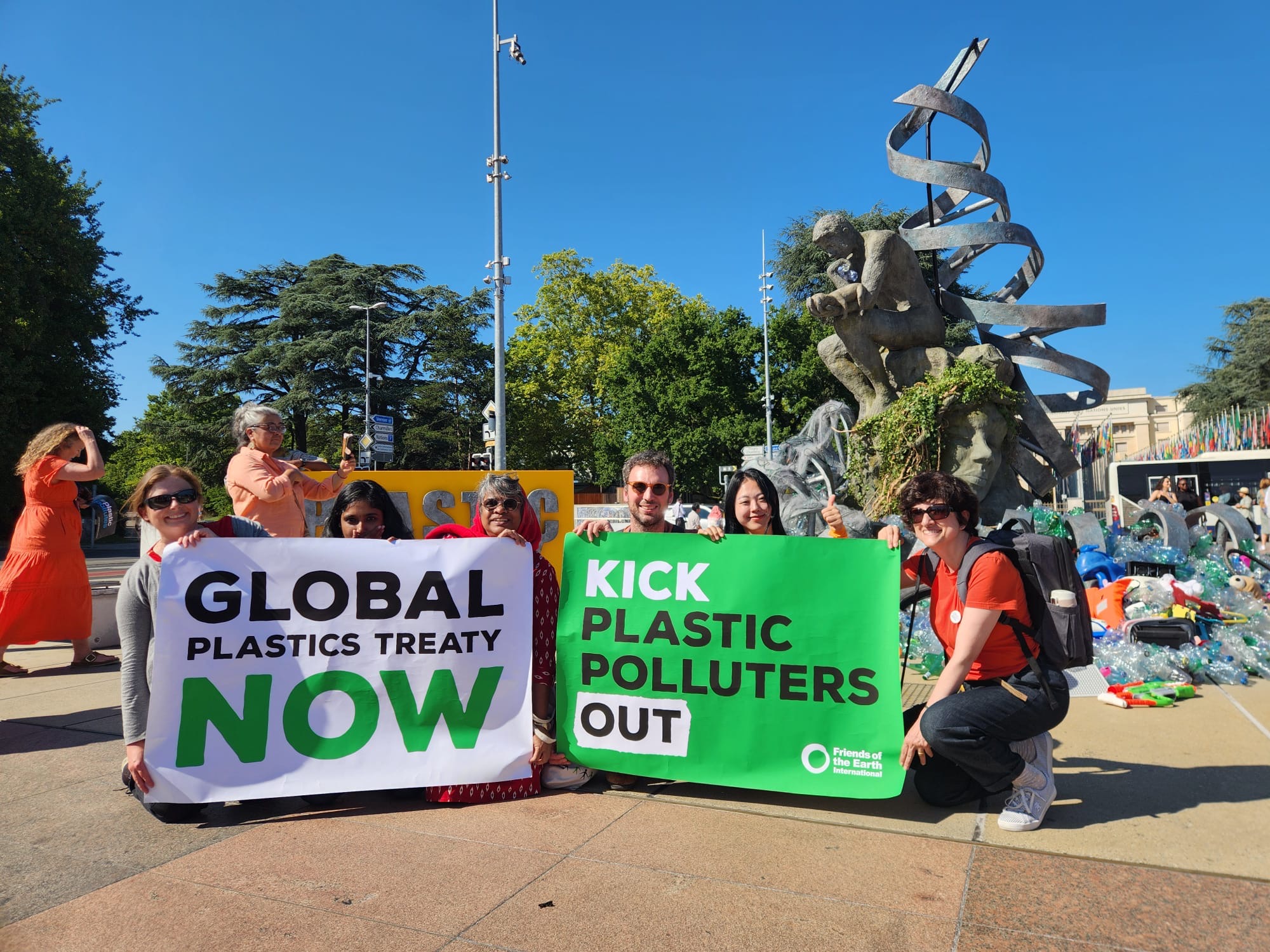
A year fighting for a circular economy
Looking back at 2025’s highs and lows in the campaign for a circular economy.
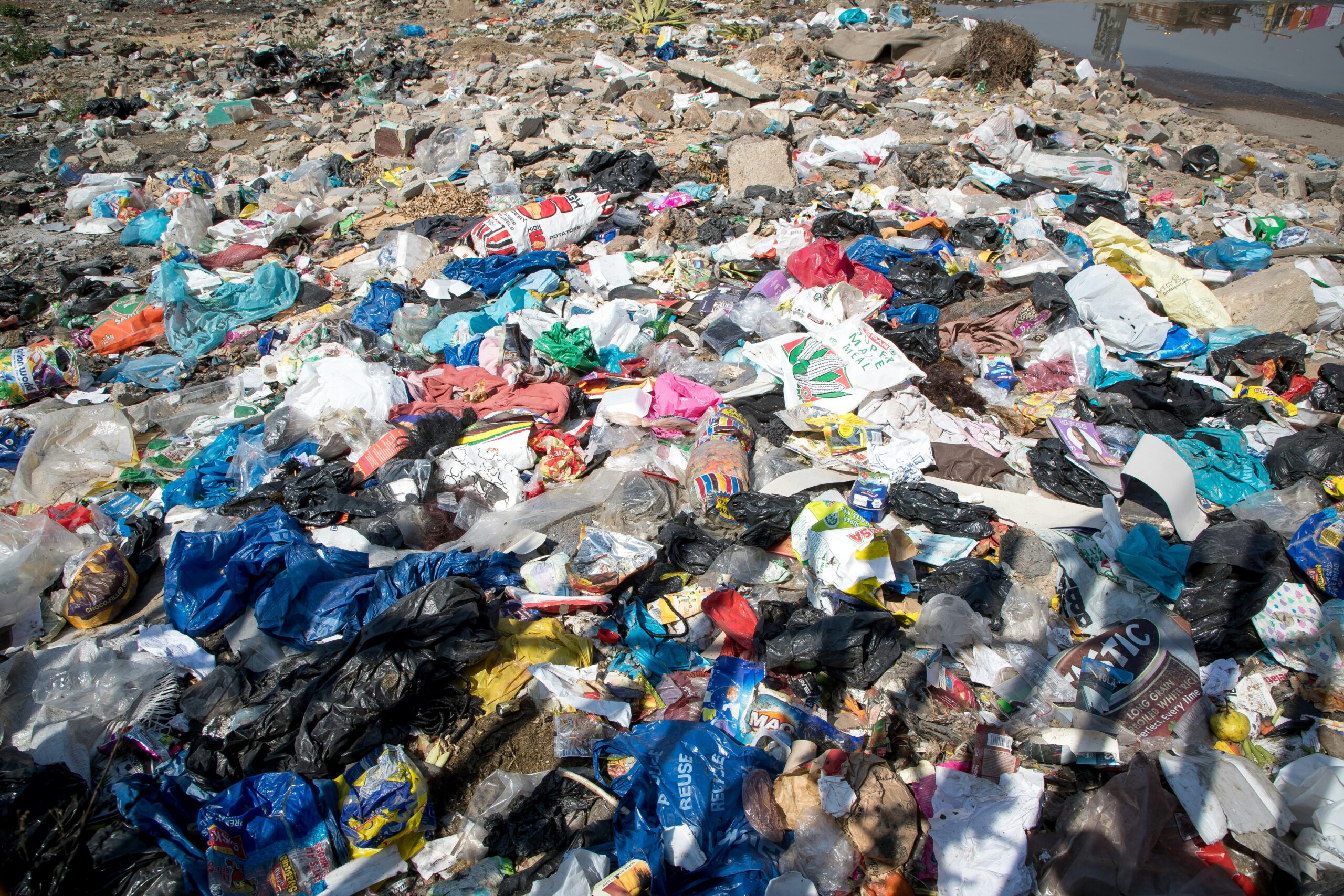
It’s time to fix our broken waste system for good
The Scottish Government’s second delay to their landfill ban shows we need new solutions.
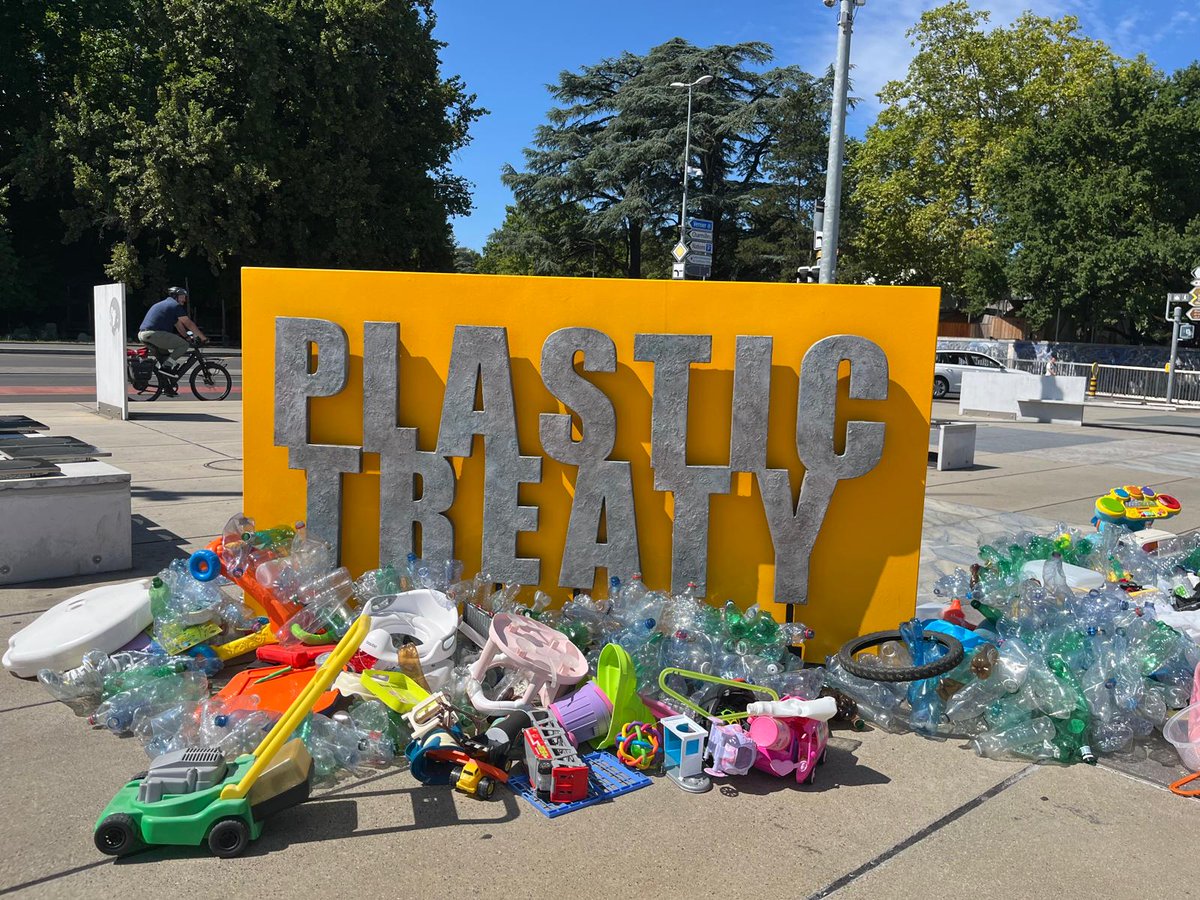
A guide to the Global Plastics Treaty
Who’s involved, what’s being discussed and what’s at stake?
Latest Press Releases
Waste plan is ‘wasted opportunity’ for Scotland
Civil society groups and environmental campaigners are demanding major changes to the Scottish Government’s draft plan on waste and material use.
‘A huge plastic hole’ Ministers slammed over waste plan’s gap
Campaigners are concerned that by Christmas 2026 households in Scotland will have seen no reduction in the excessive plastic they are forced to deal with.
Ministers urged to “make Scottish businesses responsible” for supply chain impacts around world
International human rights experts this month told the Scottish Government how it can reduce the harms of damaging business supply chains.
Resources
Response to Scottish Government consultation on Draft Climate Change Plan
The Plan is lacking in both detail and policy and does not represent a robust route to meeting climate goals. The next Scottish Government must go further than the policies outlined in this CCP if it wishes to tackle the climate emergency in a just and equitable way.
FoES response to Scottish Government’s Circular Economy Strategy consultation
The Scottish Government’s draft circular economy strategy is unfit for purpose and, without fundamental changes, is likely to lead to significant harms to people or nature.
Letter to the Cabinet Secretary on the Scottish Government’s Circular Economy Strategy
In an open letter to Gillian Martin, the Cabinet Secretary for Climate Action and Energy, 30 civil society groups and individuals have called on the Scottish Government to put people and nature before profit in the Circular Economy Strategy for Scotland.
Letter from 22 international NGOs to the Cabinet Secretary demanding fair and sustainable supply chains
22 civil society organisations and international groups urged the Scottish Government to strengthen the Circular Economy Strategy for Scotland.
Letter to the First Minister on the Global Plastics Treaty
18 groups outline the damage created by plastic, and call for the Scottish Government to act now to prevent further harm.
Successful consultation with the global south
Paper on how to consult with the global south effectively, produced in collaboration with SCIAF and Common Weal.
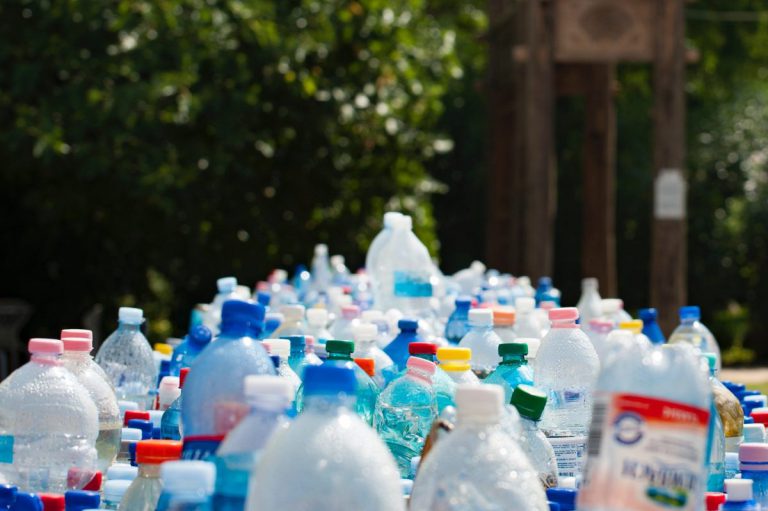
Plastic Pollution
Plastic is a major contributor to climate change. The more plastic we make, the more greenhouse gas emissions we release into the atmosphere. As long as we continue to make plastic from fossil fuels (which makes up 90% of plastic in the EU) then we will continue to support the oil and gas industry, adding further fuel to the global climate crisis.
Learn more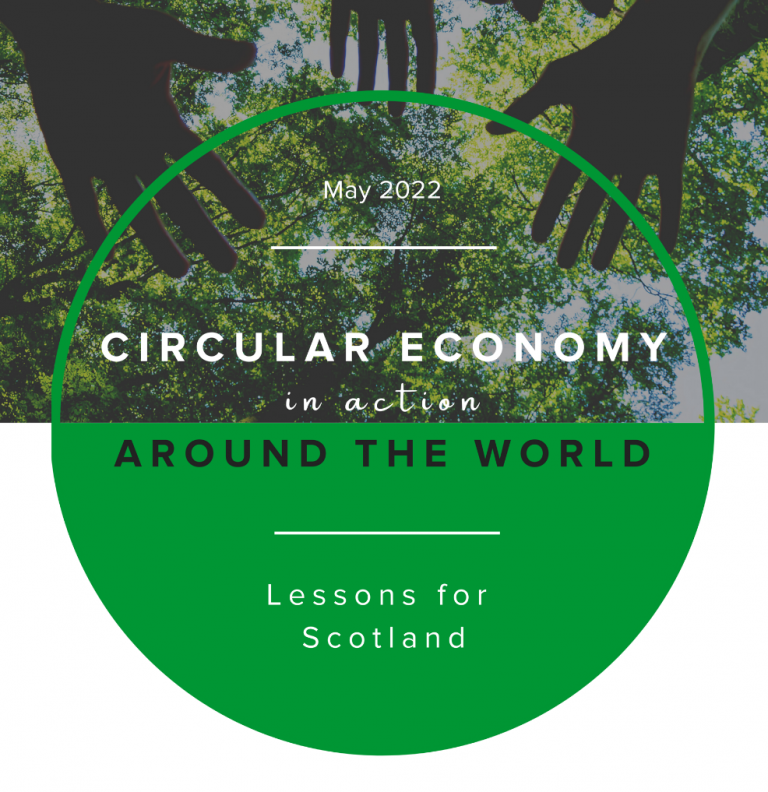
Report: Circular Economy in action around the world - lessons for Scotland
This report highlights case studies of the circular economy in action around the world, divided into themes from food systems to the built environment and electronics. These are compared to Scotland’s position, indicating where progress can be made.
Read Now
Incineration
Incineration capacity in Scotland is set to increase to burn at least an extra one million tonnes of waste a year, which raises serious environmental concerns and creates a barrier to moving to a circular economy.
Find out more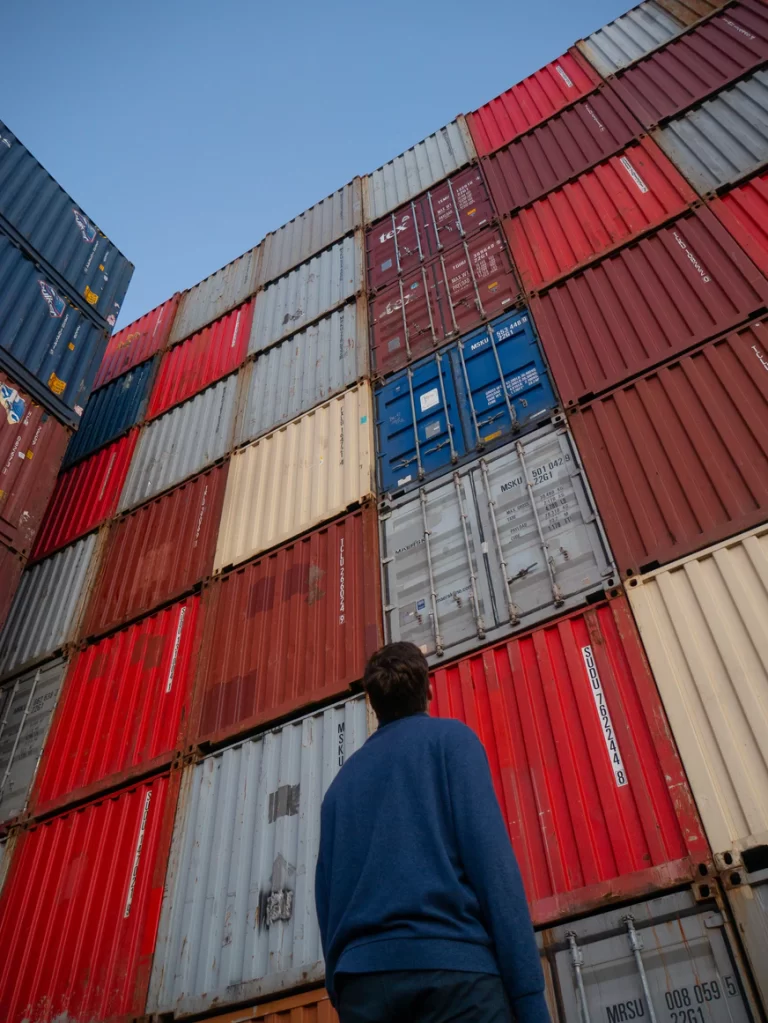
Help make more impact
Events
Find out and register for our latest environmental events across Scotland and online
Donate
We can only make positive changes happens because people like you care enough to take action. Consider backing our work with a donation
Fundraise
Run, bake, swim, dance - how you fundraise is up to you. Anything is possible
